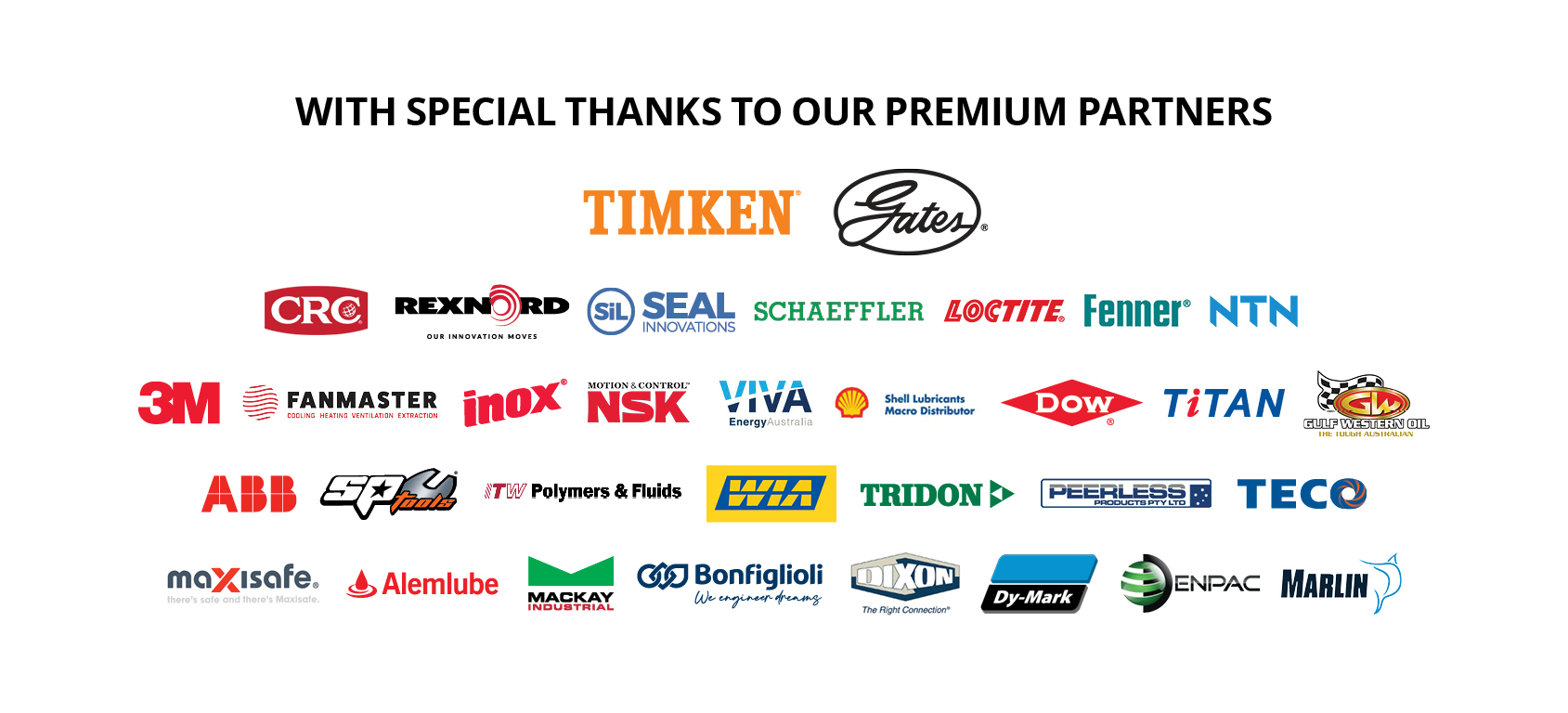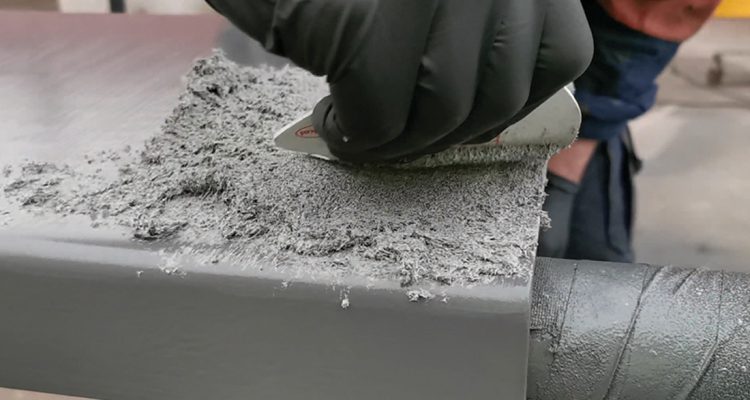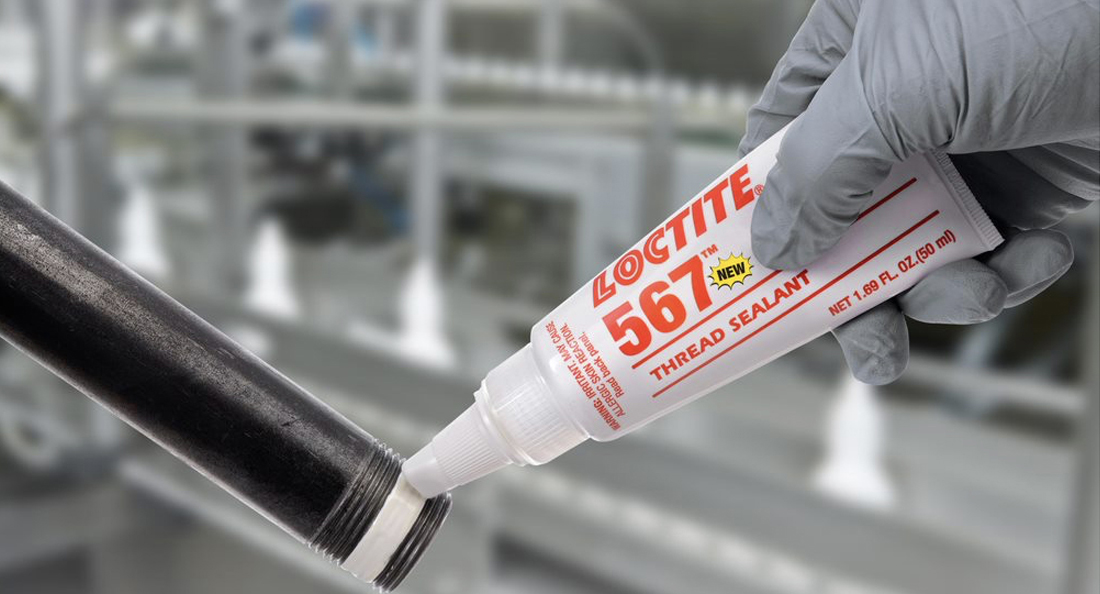A Mineral processing plant in Western Australia was able to avoid replacing its stainless-steel waste gas venturi control doors and triple their useful life with the help of a new coating compound.
The coating used was the new LOCTITE PC 7332 silicon carbide filled epoxy system produced by Henkel and made available to customers in Australia through CBC.
The waste gas venturi control doors at the plant were getting accelerated wear caused by excess blow-over of product from kiln due to fine particle feedstock. The loss of venturi throat control due to worn doors reduced output, which prompted the plant operators to replace the venturi doors every three months.
By applying a 6-8mm coating of LOCTITE PC 7332 silicon carbide compound on the surface of the stainless-steel doors, their useful life was extended by 200% at only 25-30% of replacement costs.
Andrea Campi, Product Manager for Henkel says Australia is the first country in the Asia-Pacific region where LOCTITE PC 7332 will be available commercially. The key and unique feature of this new silicon carbide epoxy system is that it can effectively resist erosion and abrasion from both wet and dry slurry.
“Abrasion is a common problem in any mineral processing or beneficiation plant that deals with abrasive wet or dry slurries. But, that said, plant owners can get more life out of their equipment and components by taking preventive measures,” says Michael Rowe, CBC’s Product Manager for Adhesives and Sealants.
As a product manager with over 11 years of experience in the adhesives industry segment, Rowe says he has come across two types of customers: those who are proactive and those who are reactive.
“While component failures are often inevitable in fluid and slurry transportation, by taking the proactive approach, machine operators can extend the time intervals between each replacement and avoid unexpected shutdowns,” says Rowe.
CBC, in collaboration with Henkel, offers plant surveys for customers who would rather detect the wear signs early before a serious damage occurs.
“When a customer contacts us, the CBC technical team, in conjunction with the Henkel engineering team, can conduct a thorough plant survey to assess the state of their respective plants. This way, we can advise them on the best maintenance practices and help them find ways to improve the life of their equipment, in some instances by over twice the component’s life,” he adds.
Kalyan Roychowdhury, Regional Business Manager at Henkel Australia says Henkel introduced the LOCTITE PC 7332 in response to customers’ needs for a resistive agent that could handle both wet slurries and dry particle abrasion.
Desulfurisation pumps and ducts, slurry pumps and slag granulation pumps are some equipment commonly subjected to wet abrasions. Elbows and chutes are other components often subjected to dry particle abrasion.
“The silicon carbide filler in LOCTITE PC 7332 offers higher resilience to wear and abrasion compared to the aluminium oxide-based alternatives. It is also highly resistive to high temperatures in the slurry, with temperature resistance of 90°C for wet slurries,” he explains.
Andrea Campi, Product Manager for Henkel, says LOCTITE PC 7332 has been tested extensively, both in Australia and abroad, and proven to offer significant savings for the customers.
“The LOCTITE PC 7332 has a six-hour curing time, which means even with the time required for surface preparation and application of the repair compound, the repaired equipment can be up and running within 12 hours for most applications. This significantly reduces the shutdown time required if the component failed or if it was being replaced,” says Campi.
CBC and Henkel have shared a strong partnership for over 40 years, with Henkel offering their range of adhesives, sealants and coatings through CBC’s branches available nationally across Australia.
CBC’s Michael Rowe says the collaboration works perfectly for customers as they can benefit from the technical expertise of both the CBC and Henkel engineering teams.
“While some clients have their own maintenance personnel who can apply the repair compound to the required surface, there are some that ask for assistance. We can help customers by either offering our technical guidance or sending our own team to carry out the job. Either way, the CBC team and the Henkel team work closely to find a solution that works best for the customer,” he concludes.




